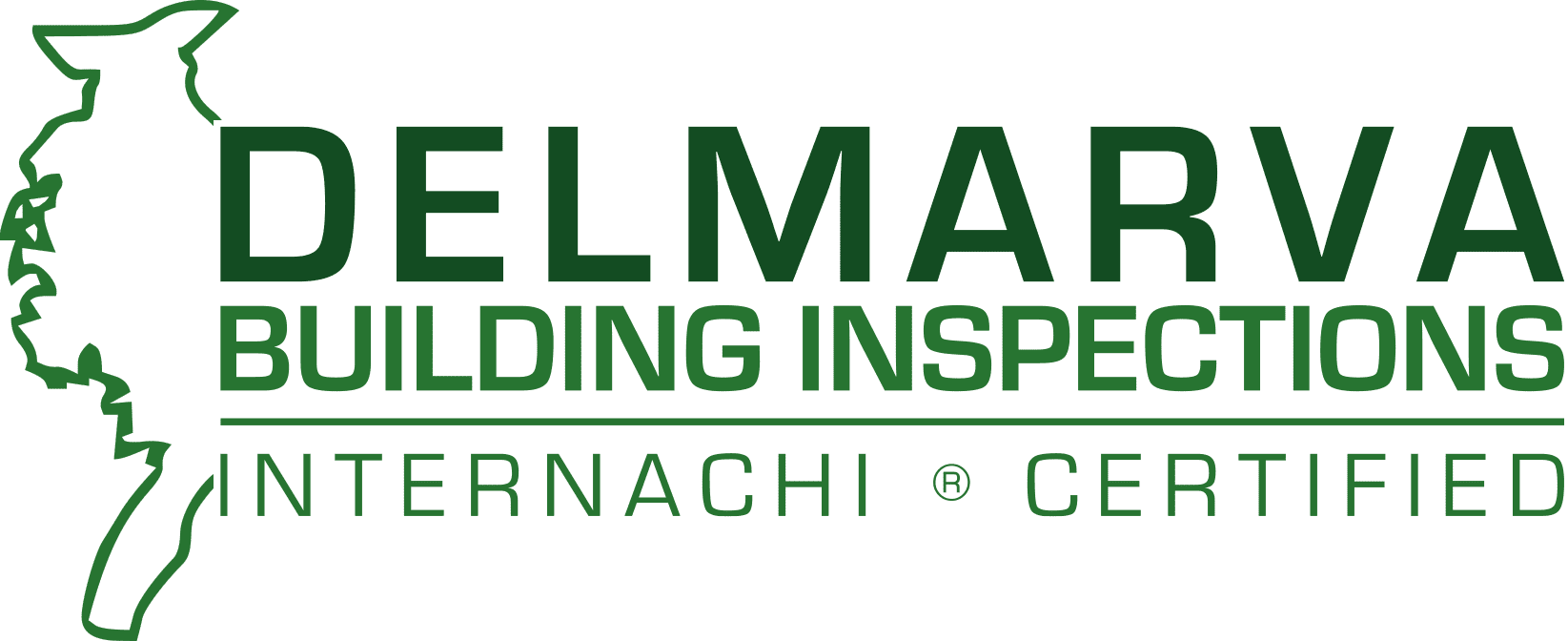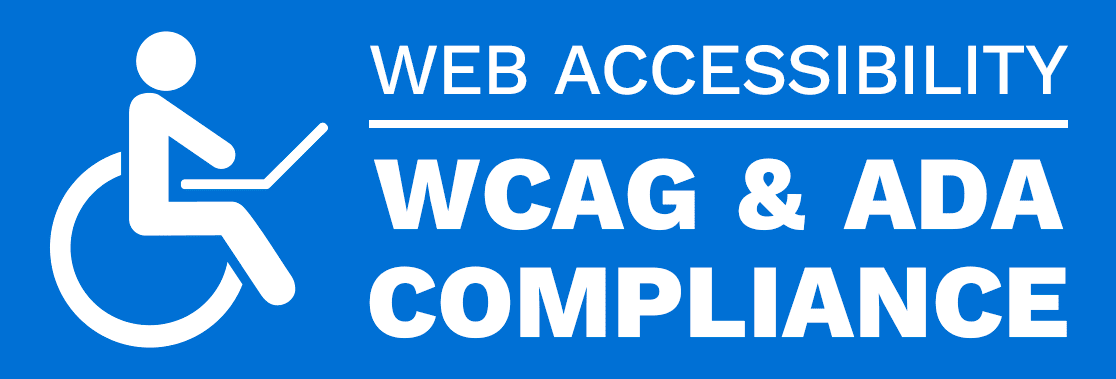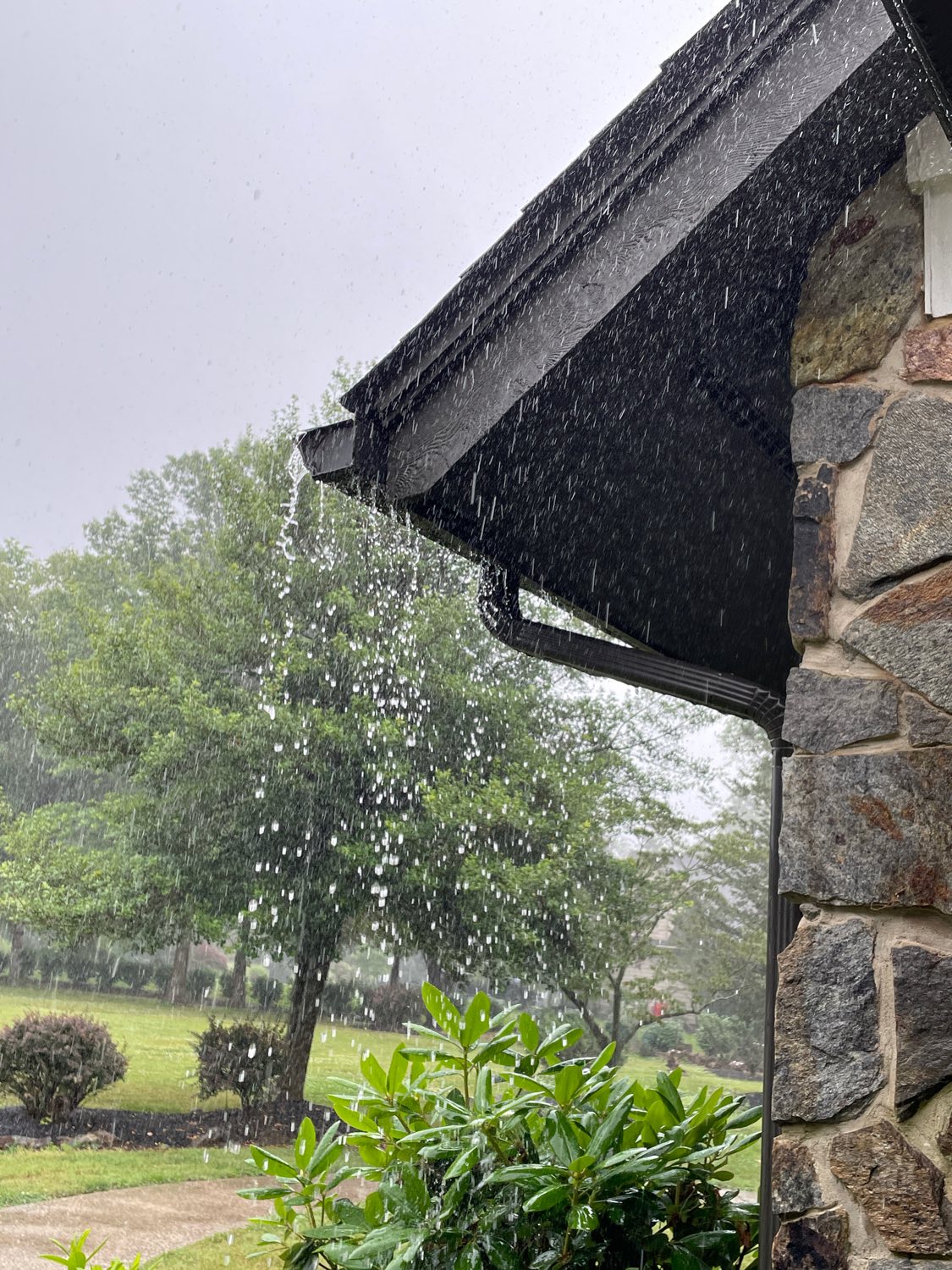Identifying Issues During The Initial Exterior Inspection
The inspector will visually assess the roof from the ground level to check for any obvious signs of damage, such as missing or damaged shingles, loose flashing, or sagging areas. They will inspect the roof’s overall appearance and condition, looking for potential issues that may affect its structural integrity or cause leaks. Additionally, the inspector will examine the roof for signs of moss or algae growth, which can indicate excess moisture and potential water damage. Identifying these issues during the initial exterior inspection helps the roofing professional determine the areas that require closer examination during an expert roof inspection, ensuring a comprehensive assessment of the roof’s health and longevity.
During The Interior Inspection, We’ll Check For Mold and Water Damage
In some cases, the inspector may also inspect the attic or crawl space to look for signs of water leaks, mold, or structural issues from the inside. This part of the inspection is crucial as it allows the roofing professional to identify issues that may not be immediately visible from the exterior. During the interior inspection, the inspector will check for any water stains, discoloration, or dampness on the ceiling or walls, which could indicate a roof leak. They will also look for signs of mold growth, which can be a result of water infiltration and may pose health risks to the occupants.
Additionally, the inspector will assess the attic’s ventilation and insulation, ensuring proper airflow to prevent condensation and moisture buildup that could harm the roof’s sheathing and framing over time. By conducting a thorough interior inspection, the roofing professional can comprehensively evaluate the roof’s condition and offer appropriate solutions to address any identified issues effectively.
Expert Roof Inspection to Provide a Surface Examination
The inspector will climb onto the roof and walk its surface to look closer at the roofing materials, including shingles, tiles, or metal panels. They’ll check for cracks, wear, curling, blistering, or other signs of deterioration. The inspector will also assess the condition of the roof’s flashing, ensuring that it is securely attached and adequately sealed to prevent water infiltration in vulnerable areas. Moreover, they will inspect the integrity of any seals around roof penetrations, such as vents or chimneys, to verify that they are watertight.
Throughout the expert roof inspection, they will complete a surface examination. The roofing professional will also pay attention to any areas of ponding water or uneven sections, which can indicate inadequate drainage and potential structural problems. By thoroughly scrutinizing the roof surface, the inspector can gather essential information to determine the overall health of the roofing system and propose appropriate maintenance or repairs to prolong its lifespan and safeguard the building from potential water damage.
We’ll Check The Flashings for Proper Installation and Signs of Damage
Flashings are metal pieces installed at vulnerable points, such as chimneys, vents, and skylights, to prevent water infiltration. The inspector will check the flashings for proper installation and signs of damage or wear. They will carefully examine the condition of the flashing material, ensuring it is not corroded, rusted, or bent, as these issues can compromise its effectiveness in keeping water out. The inspector will also assess the quality of the flashing seals, looking for any gaps or separations that could potentially lead to leaks. Properly functioning flashings are essential in protecting the roof and the interior of the building from water damage.
If they identify any problems, the roofing professional will recommend repair or replacement of the flashings to maintain the roof’s integrity and prevent potential water-related problems in the future.
Gutters and Drainage are Part of Your Expert Roof Inspection
The inspection may include an assessment of gutters, downspouts, and drainage systems to ensure they are functioning correctly and are not clogged with debris. Proper gutter and drainage systems are crucial for efficiently directing water away from the roof and the building’s foundation, helping to prevent water-related issues such as roof leaks, water seepage, and structural damage. During the inspection, the roofing professional will inspect the gutters for any signs of damage, such as dents, cracks, or loose sections, which could hinder proper water flow.
They will also check for any accumulated debris, such as leaves, twigs, or dirt, that may obstruct the gutters and downspouts. If your inspector finds an obstruction, they recommend cleaning the gutters and downspouts to ensure unimpeded water flow and effective drainage. Properly functioning gutters and drainage systems are essential for maintaining the roof’s integrity and preventing potential water damage to the building’s structure and foundation.
The Inspector Will Inspect The Chimney and Vents
If the building has chimneys or other roof penetrations, the inspector will check their condition and confirm that they are properly sealed and not causing any leaks. Chimneys and vents are critical components of the roofing system, and improper sealing or damage to these structures can lead to water infiltration and structural issues. The inspector will inspect the chimney or vent flashings to ensure they are securely attached and in good condition, providing a watertight seal between the roof and the penetration.
They will also examine the chimney’s masonry or vent’s housing for signs of cracks, deterioration, or missing mortar that could allow water to enter. Additionally, the inspector will check that the chimney cap or vent cover is intact and functioning correctly to prevent debris and animals from entering the chimney or vent.
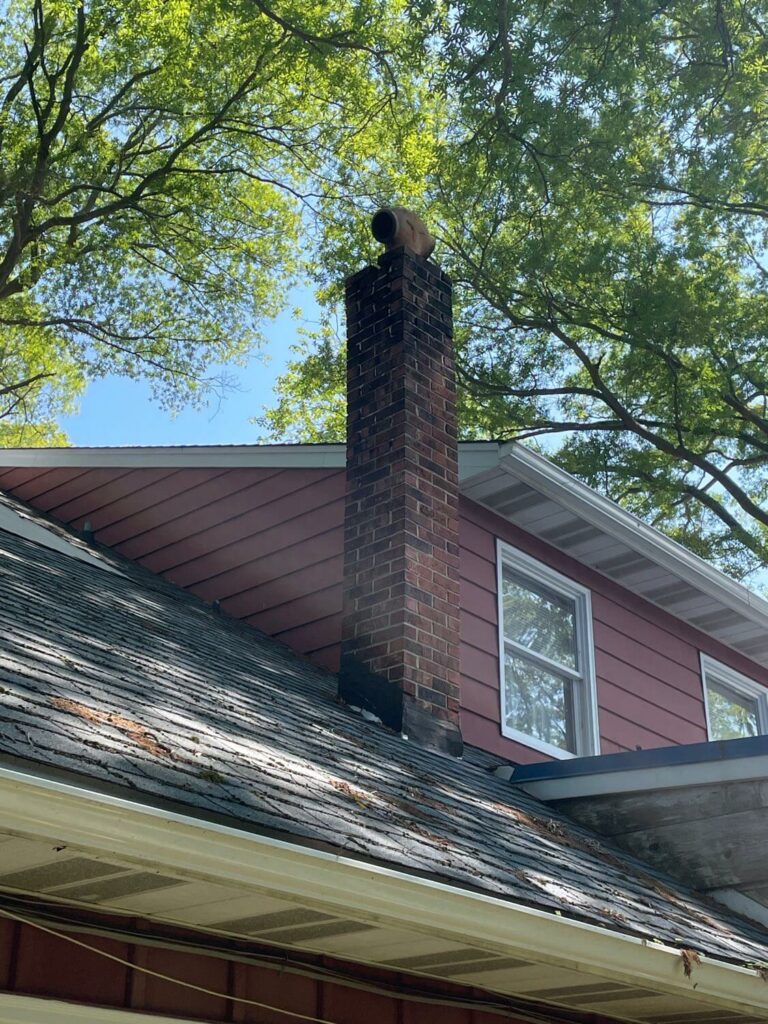
Carefully Examine The Seals Around These Roof Penetrations:
Your inspection will include pipes and satellite dish mounts to inspect for proper sealing. These roof penetrations can be potential weak points in the roofing system, as they create openings that could allow water to seep into the interior of the building if not adequately sealed. The roofing professional will carefully examine the seals around these penetrations, ensuring they are watertight and free from cracks or gaps. They will also assess the condition of any flashing or gaskets used to seal these penetrations, ensuring they are in good condition and not deteriorated.
If your inspector detects issues during the inspection, the roofing professional will recommend appropriate repairs or resealing to prevent water leaks and maintain the roof’s overall integrity. Addressing potential problems with roof penetrations is essential in protecting the building from water damage and ensuring the roof’s long-term performance and durability.
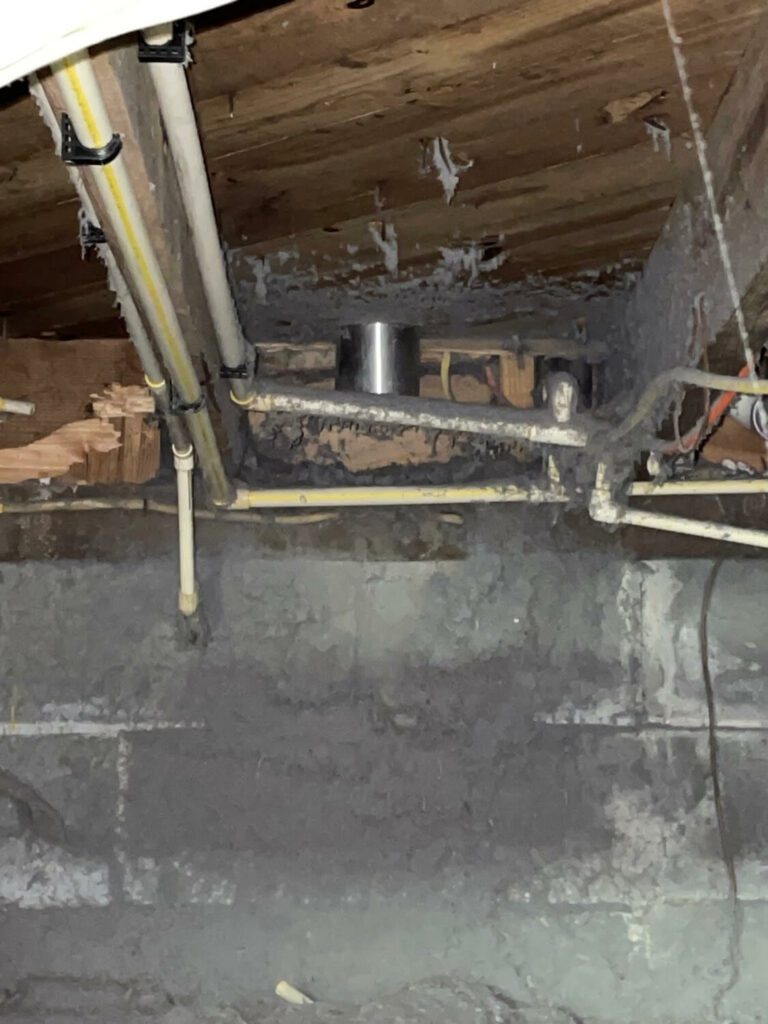
Signs of Damage or Weakness of The Roof’s Support Structure
The inspector may assess the roof’s underlying support structure for signs of damage or weakness that could compromise the roof’s stability. The roof support structure includes components such as trusses, rafters, and joists that provide the framework for the roof’s load-bearing capacity. During this inspection, the roofing professional will look for sagging, bowing, or cracking in the support members, which could cause excessive weight or structural issues.
They will also check for signs of water damage or rot, especially in wooden components, as this can significantly weaken the roof’s structure over time. Additionally, the inspector may inspect the connections and fasteners, ensuring they are secure and properly installed. Identifying any issues with the roof support structure is crucial in maintaining the roof’s overall integrity and safety, as it can prevent potential roof collapse and costly structural damage. If they detect any problems during the inspection, appropriate repairs or reinforcement measures will be recommended to ensure the roof’s stability and longevity.
Moisture Detection is Part of an Expert Roof Inspection:
Some inspectors may use specialized tools like infrared cameras or moisture meters to identify hidden moisture or leaks that may not be visible to the naked eye. These advanced technologies allow the inspector to detect moisture intrusion within the roof’s layers or hidden areas, such as under roofing materials or within the insulation. Infrared cameras can capture temperature variations on the roof’s surface, highlighting potential areas of moisture retention or leaks.
Moisture meters, on the other hand, can directly measure the moisture content in building materials, helping pinpoint the extent of water damage or leaks. By employing these tools, the roofing professional can obtain a more comprehensive assessment of the roof’s condition and detect potential issues early on, even before visible signs become apparent. This proactive approach enables the inspector to recommend timely repairs or maintenance, reducing the risk of extensive damage and prolonging the roof’s lifespan.
Report and Recommendations From Your Expert Roof Inspection
After the inspection, Delmarva Inspections Group, a trusted roofing company, will provide a detailed report outlining their findings and any recommended repairs or maintenance needed to address identified issues. The comprehensive report will serve as a valuable reference for homeowners and property managers, providing insights into the current state of the roof and its overall health. By promptly addressing any identified problems, property owners can prevent minor issues from escalating into more significant, costly repairs down the line.
Regular roof inspections are essential to proactively maintain the roof’s integrity and ensure it can withstand the elements year-round. We recommend conducting an expert roof inspection regularly, typically at least once a year or after significant weather events, to catch and address potential problems early on and extend the roof’s lifespan. With Delmarva Inspections Group’s expertise and attention to detail, property owners can have peace of mind knowing their roof is in capable hands. They will continue to protect their investment for years to come. Delaware Contractor License #2016600660, Delaware Residential Home Inspector #H4-0010181
